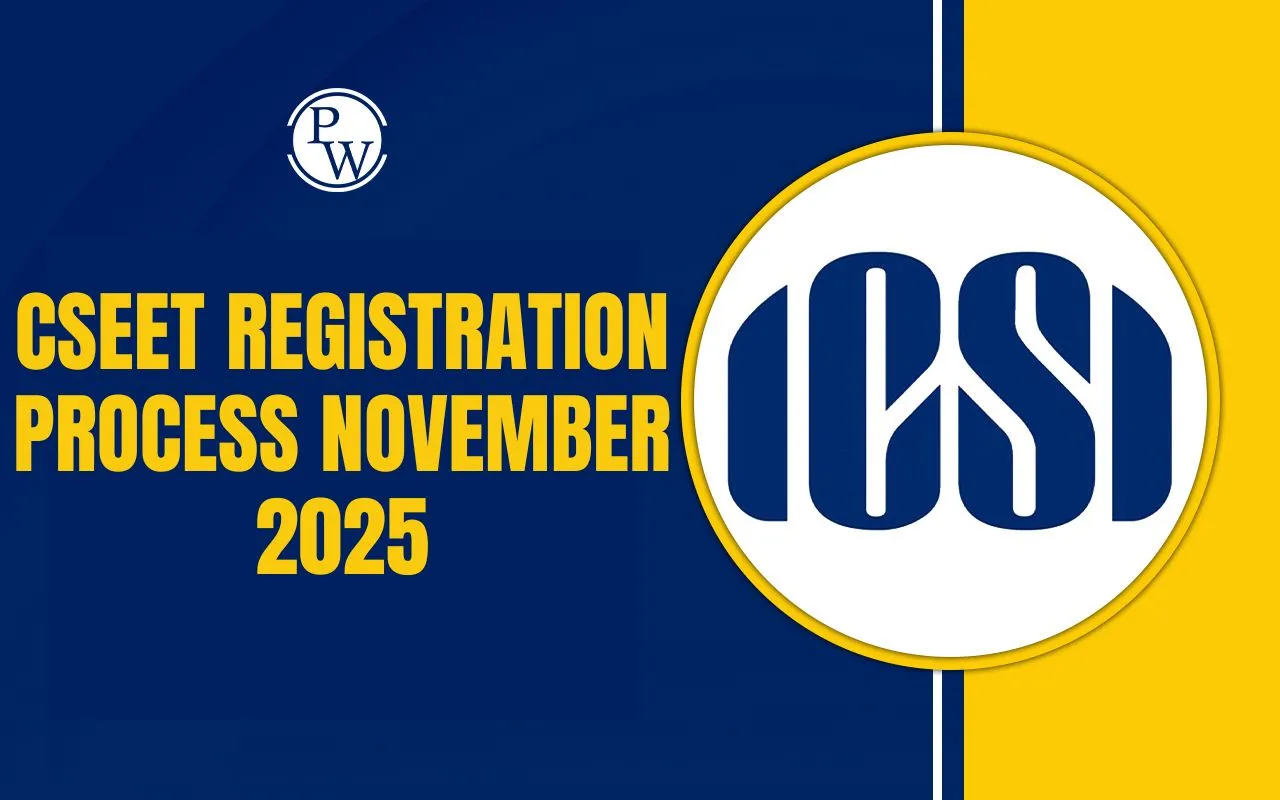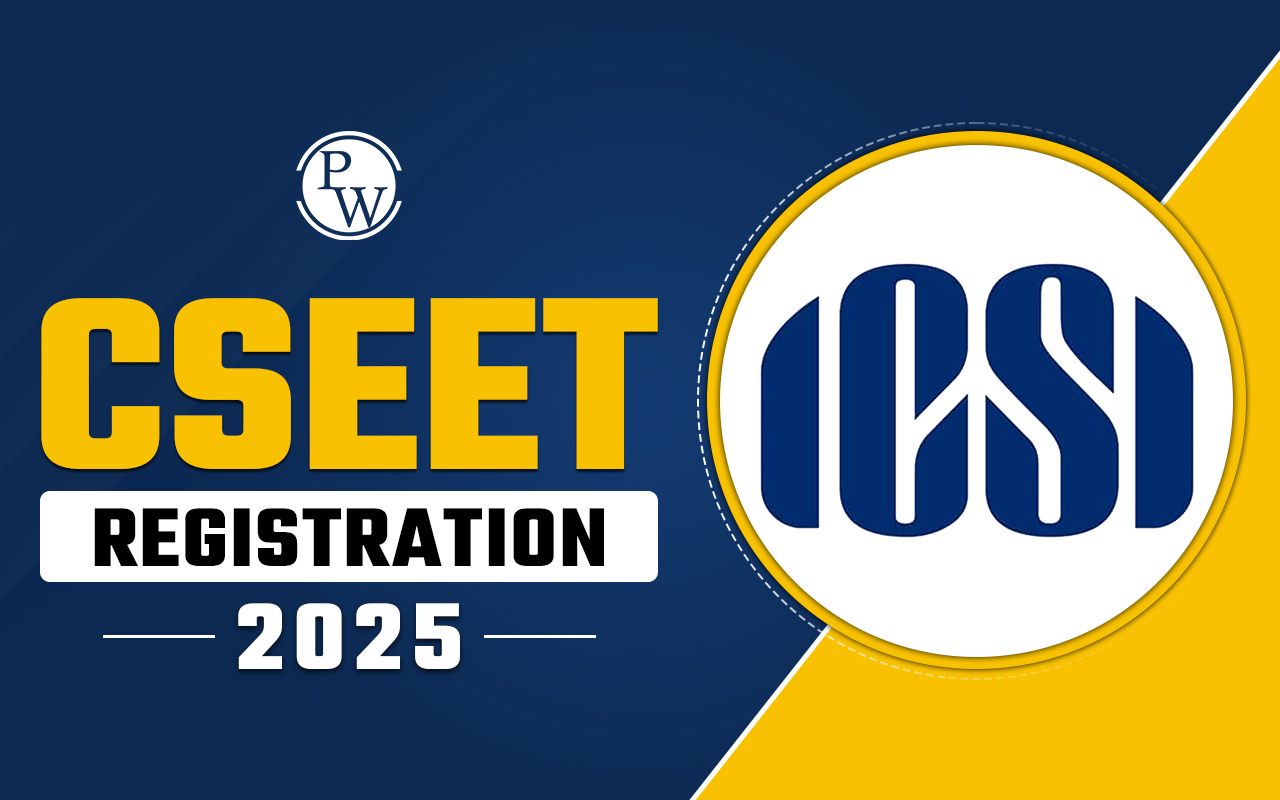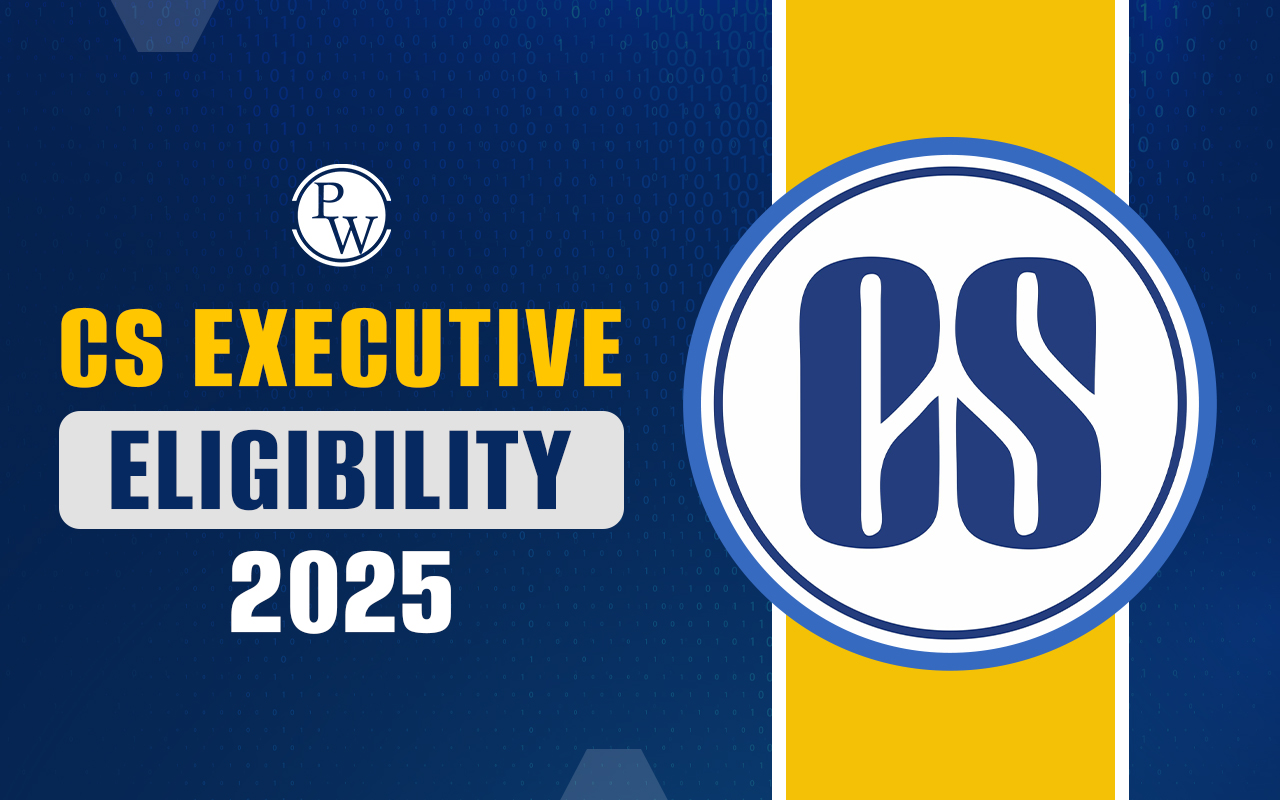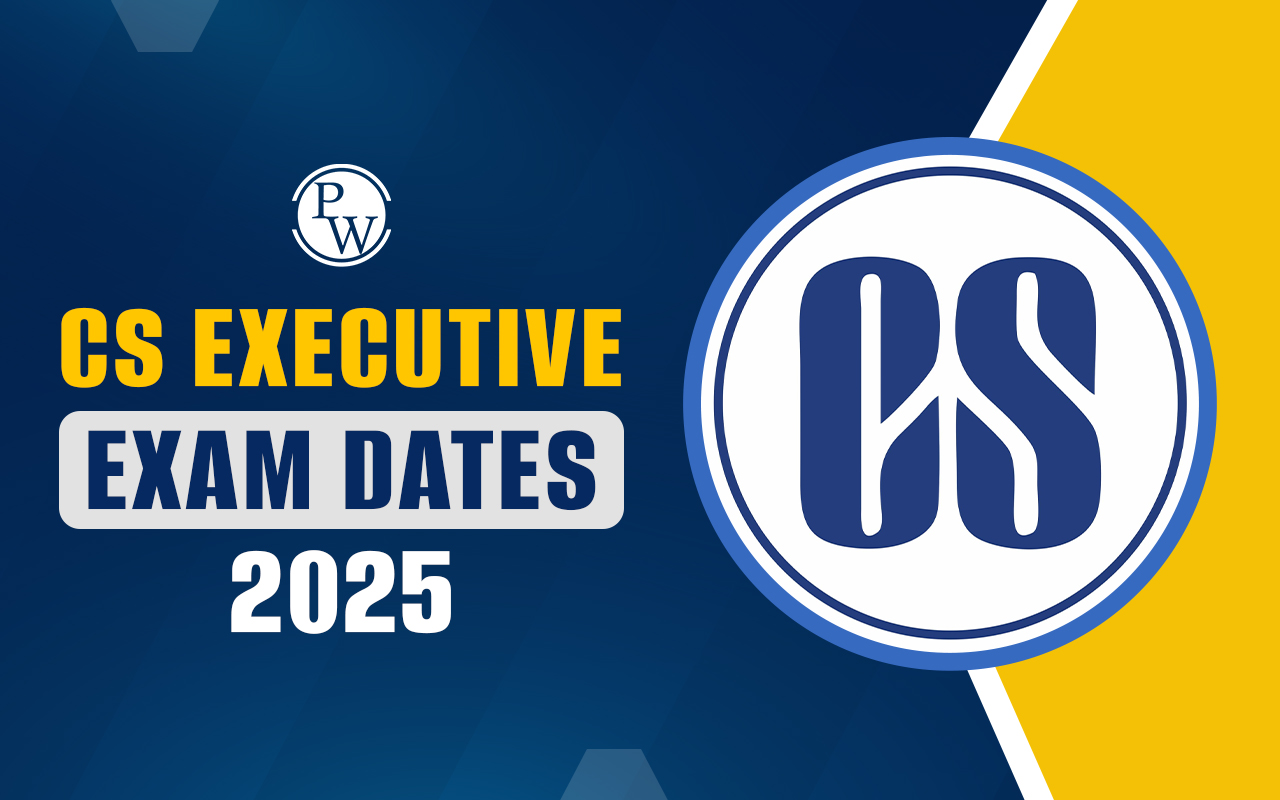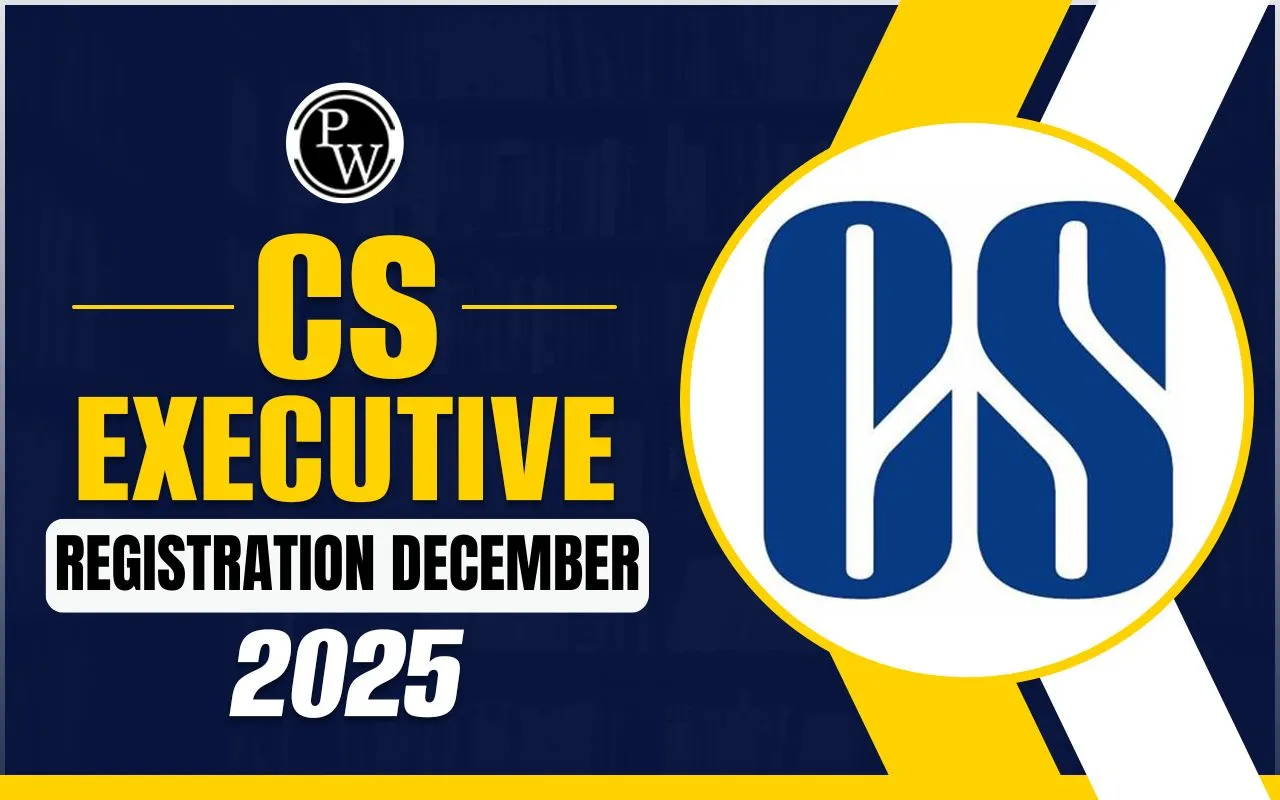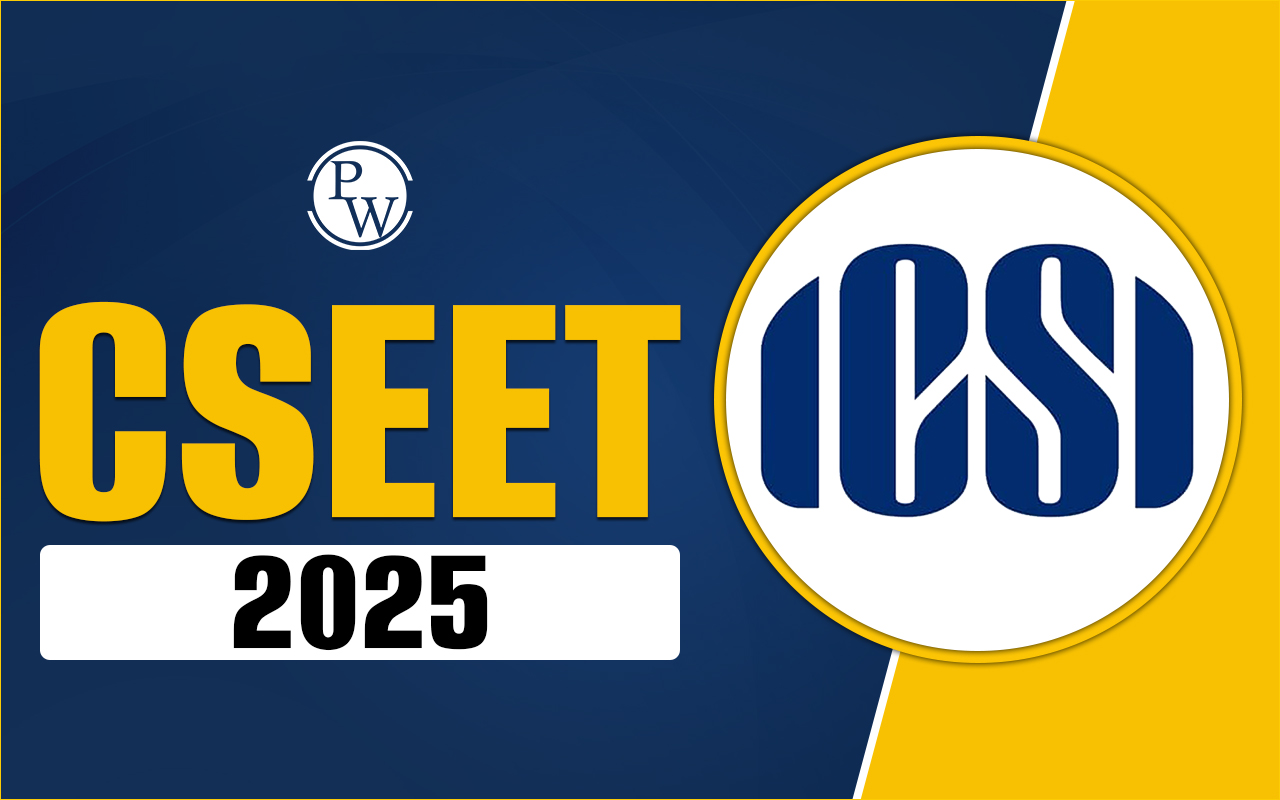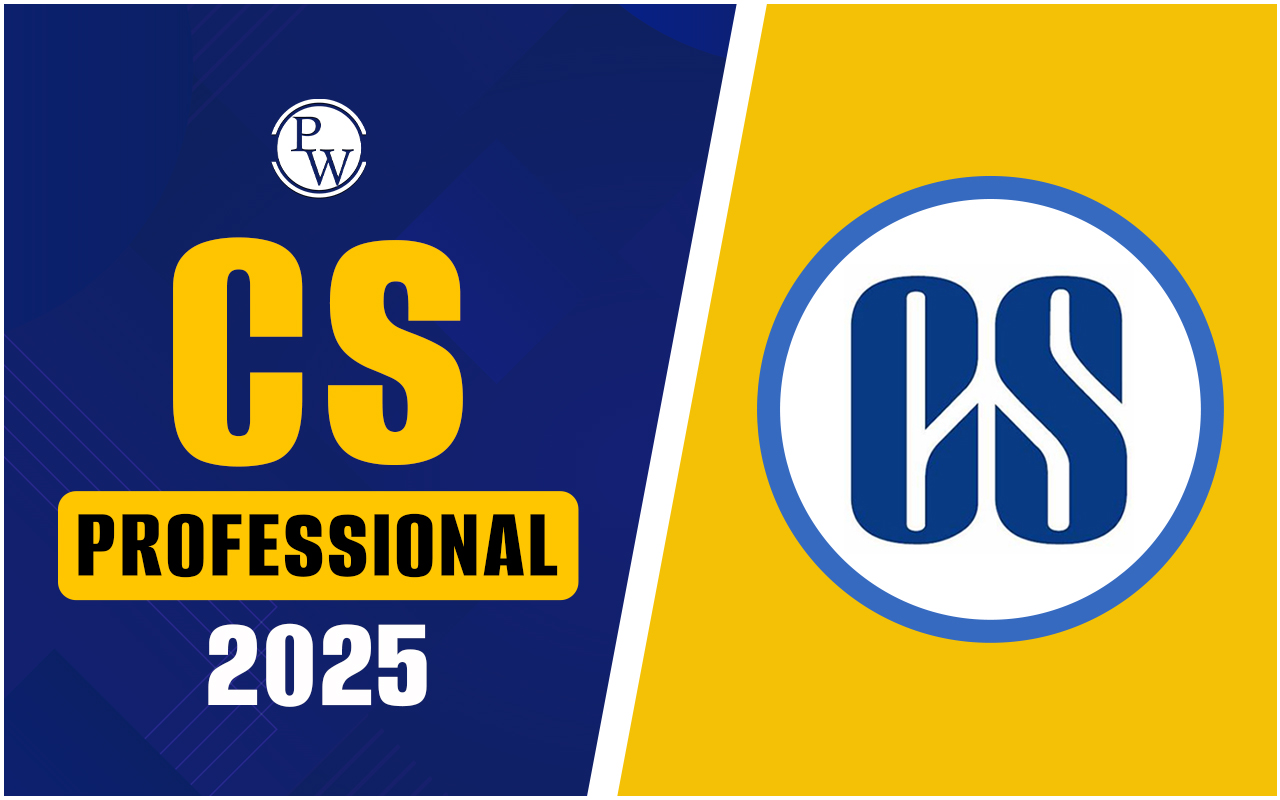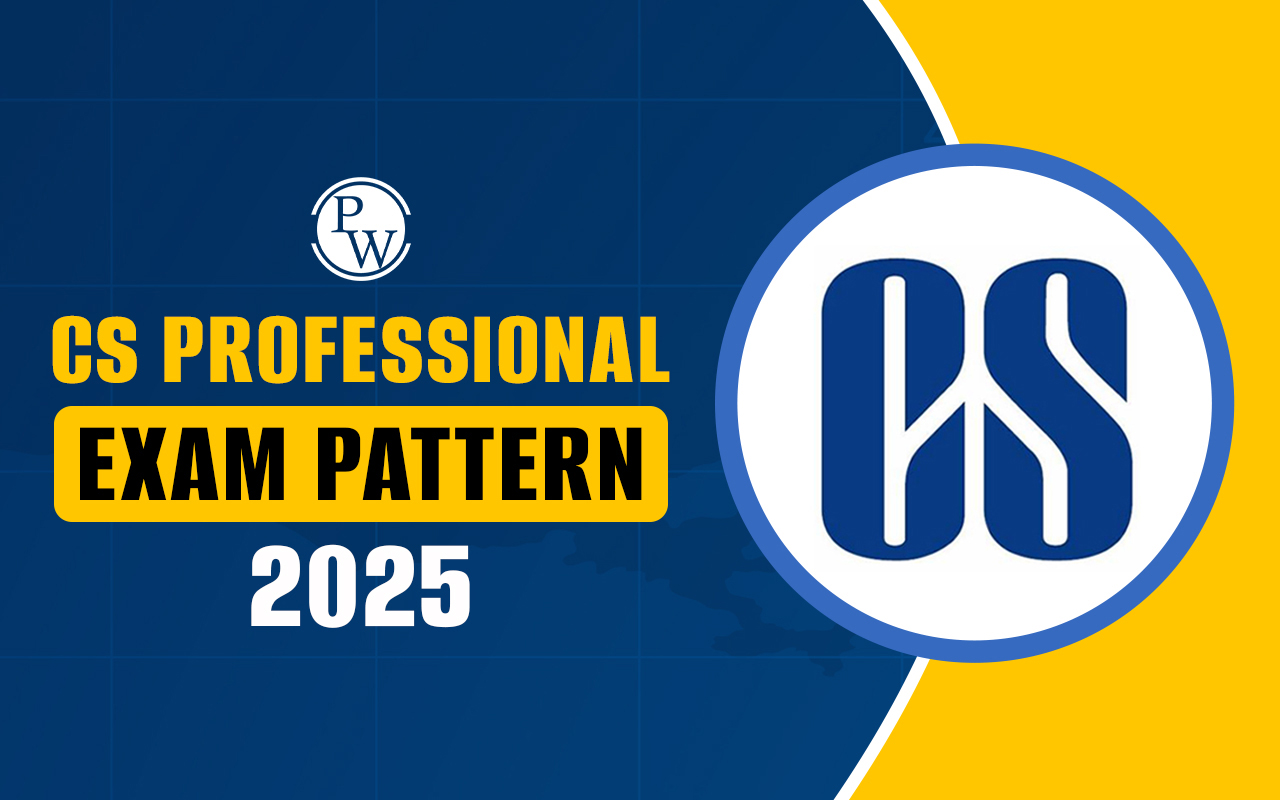
Current Affairs and Quantitative Aptitude Questions: Competitive exams today are not limited to testing academic knowledge. They require a balanced blend of logical reasoning, number handling, and awareness of national and international events. To cater to this multidimensional evaluation system, aspirants must prepare for Current Affairs and Quantitative Aptitude Questions together. These sections often appear side by side in competitive exams such as SSC, Banking, Railways, Defence, and various state-level tests. Mastering both sections enhances not just your chances of selection but also builds confidence during the actual exam.
Why Focus on Current Affairs and Quantitative Aptitude Questions Together?
Most competitive exams have limited time per question, making time management a crucial factor. Current Affairs and Quantitative Aptitude Questions are two major components that determine the candidate's speed and accuracy. Preparing them simultaneously encourages mental flexibility and helps aspirants manage section transitions more efficiently during exams.
Combining these subjects in study sessions simulates the real exam environment and trains the brain to switch modes from solving mathematical problems to recalling recent news updates in seconds.
Also Check:
Importance of Practicing Current Affairs and Quantitative Aptitude Questions
Current Affairs and Quantitative Aptitude Questions form the backbone of many exams. Here’s why both are essential:
Quantitative Aptitude Questions assess problem-solving abilities, numerical accuracy, logical reasoning, and mental calculations.
Current Affairs measure your awareness of recent developments, government schemes, international relations, and technological advancements.
Most exams allocate fixed time (e.g., 45 seconds for quant and 30 seconds for current affairs questions), which necessitates regular timed practice.
Both sections demand not only knowledge but also confidence and speed, making practice with MCQ booklets indispensable.
Approach to Solving Quantitative Aptitude Questions
The Quantitative section in competitive exams tests your understanding of mathematical concepts like percentages, ratios, averages, interest calculations, and decimals. Here are key strategies and question types:
Ratio and Percentages: Problems involving part-to-whole relationships and base value assumptions simplify complex numerical puzzles. For instance, determining what percent 20% of one number is in relation to another.
Decimals and Fractions: Many Quantitative Aptitude Questions require converting repeating decimals into fractions using algebraic shortcuts. These techniques reduce time spent on lengthy calculations.
Simple Interest Calculations: When comparing total interest over different periods, identifying the principal becomes easy with the unit method.
Mixture and Proportion Problems: Questions like altering the composition of vinegar and water are solved by understanding ratios and using unitary methods.
Profit and Loss: Calculating gains or losses on machinery by adjusting percentages teaches real-world application of profit concepts.
Average Age and Income Problems: Weighted averages are used to calculate missing values in scenarios involving families or co-workers.
In all these areas, the focus should be on mental math strategies to avoid over-reliance on calculators or rough work. A consistent effort toward mastering Current Affairs and Quantitative Aptitude Questions ensures better performance.
Sample Quantitative Aptitude Questions
Below we've mentioned sample quantitative aptitude questions from the MCQs Booklet:
Q1: If Manjeet has mangoes which are five times as many as Naresh’s, then what percentage of Manjeet’s mangoes is 20% of Naresh’s mangoes?
a) 3.5%
b) 4%
c) 4.5%
d) 5.0%
Ans: b) 4%
Q2: What decimal fraction of a year is one day?
a) 0.027
b) .27
c) 0.0027
d) 0.00027
Ans: c) 0.0027
Q3: What decimal fraction of a week is one hour?
a) 0.0059
b) .59
c) 0.5952
d) 0.059
Ans: a) 0.0059
Q4: What comes if 0.944444 is changed into a fraction.
a) 117/118
b) 17/18
c) 18/19
d) 220/222
Ans: b) 17/18
Q5: What comes if 0.203203 is changed into a fraction.
a) 203/999
b) 203/1000
c) 406/ 2000
d) 101/ 499
Ans: a) 203/999
Q6: If 1/5 of 1/3 of a number is 90, then what is 3/5 of that number?
a) 900
b) 2250
c) 90
d) 810
Ans: d) 810
Q7: If 2/5 of a number is 50, then 1/3 of that number is?
a) 376
b) 3750
c) 379
d) None of these
Ans: d) None of these
Q8: Sum invested at simple interest amounts to ₹11,800 in 2 months and ₹12,700 in 3 months. What is the principal?
a) 9000
b) 9500
c)10,000
d) 10100
Ans: c) 10,000
Q9: Money divided between Anay, Vikas, Chiranjiv, and Dolly in ratio 17:19:21:33. If Chiranjiv gets ₹660 less than Dolly, what is Vikas’s share?
a) 915
b) 1005
c) 1035
d) 1045
Ans: d) 1045
Q10: In a 120-liter mixture with vinegar and water in a 3:1 ratio (i.e., 90 liters vinegar, 30 liters water), if ratio changes to 1:3, how much water should be added?
a) 180 litres
b) 210 litres
c) 240 litres
d) 340 litres
Ans: c) 240 litres
Q11: Ratio of boys to girls in a course is 12:13. If the number of boys increases by 30% and girls by 40%, what is the new ratio?
a) 6:7
b) 7:8
c) 7.5:8
d) 8:11
Ans: a) 6:7
Q12: Average age of grandparents is 56 years (2 grandparents), parents 30 years (2 parents), children 9 years (3 children). What is average age of family?
a) 25.42
b) 27.42
c) 28.42
d) 29.42
Ans: c) 28.42
Tackling Current Affairs Questions Effectively
Current Affairs is a dynamic section and covers topics that change monthly. It includes questions from politics, economy, international summits, environmental sustainability, and digital initiatives. To manage this section:
- Follow government updates, RBI and SEBI publications, and official announcements.
- Pay attention to major international events like the G7 Summit, BIMSTEC meetings, and changes in leadership across countries.
- Make note of innovations like video KYC, WhatsApp-based tourist chatbots, and sustainability goals like carbon-neutral farming.
Political Leadership: Identifying Indian states with significant political developments, such as Uttarakhand, having three consecutive Chief Ministers with the surname "Raut."
Key Officeholders: Knowing who currently serves as the Chief Election Commissioner, CAG, and Chief Justice of India.
Innovations in Banking: Kotak Mahindra Bank is the first to offer video KYC verification in India.
International Summits: G7 Leaders Summit hosted by Italy in 2024 and scheduled for Canada in 2025.
Regional Organizations: Understanding BIMSTEC and SAARC, including member countries and leadership such as the Secretary-General of SAARC.
Corporate Governance: Location of the first ICSI Center for Corporate Governance Research and Training in Navi Mumbai.
Sports Events: Hosting of the BIMSTEC Aquatic Championship in New Delhi in 2024.
Environmental Initiatives: Kerala is the first Indian state to implement carbon-neutral farming.
Government Schemes: PM Kisan Samman Nidhi under the Ministry of Agriculture and Farmers Welfare.
Prominent Global Figures: Katalin Novák as Hungary’s first female President.
Urban Sustainability: Mumbai declared the first South Asian city targeting zero carbon emissions by 2050.
Cultural Developments: Construction of the largest reclining Buddha statue in Bodhgaya, Bihar.
Consumer Protection: RBI’s release of "Be Aware," a booklet highlighting common fraud tactics.
Corporate Milestones: Launch of Jio World Centre by Reliance Industries in Mumbai.
National Symbols: Update on machine-made poly fabric flags following earlier bans.
Regulatory Leadership: Tuheen Kant Pandey is the current chairman of SEBI.
Financial Literacy: RBI's Financial Literacy Week focused on women’s empowerment in February.
Entrance Test Awareness: Full form of CSEET explained for CS aspirants.
Tourism Innovation: Kerala's Maya chatbot launched on WhatsApp to assist tourists round-the-clock.
Scientific Institutions: ISRO's headquarters, Antariksh Bhavan, are located in Thiruvananthapuram, Kerala.
These examples highlight the relevance and depth of Current Affairs and Quantitative Aptitude Questions in today’s exams.
Sample Current Affairs Questions
Below we've mentioned sample current affairs questions from the MCQs Booklet:
Q1: Which state has had three Chief Ministers consecutively with surname “Rawat”?
a) Haryana
b) Jharkhand
c) Uttarakhand
d) Uttar Pradesh
Ans: b) Uttarakhand
Q2: Which bank first introduced video KYC facility for saving accounts?
a) Yes Bank
b) ICICI Bank
c) Kotak Mahindra Bank
d) Axis Bank
Ans: c) Kotak Mahindra Bank
Q3: Who is the 14th Controller and Auditor General (CAG) of India?
a) Rajiv Mehrishi
b) K. Sanjay Murthy
c) PK Joshi
d) Arvind Saxena
Ans: b) K. Sanjay Murthy
Q4: Who among the following has been appointed as 52nd Chief Justice of India effective from 14th May 2025?
a) BR Gavai
b) Dhananjaya Y. Chandrachud
c) Sanjeev Khanna
d) Uday Umesh Lalit
Ans: a) BR Gavai
Q5: Which country will host the G7 Leaders Summit 2024?
a) Italy
b) Japan
c) Russia
d) Germany
Ans: a) Italy
Q6: Bay of Bengal Initiative for Multi- Sectoral Technical and Economic Cooperation (BIMSTEC) is a
a) Regional multilateral organisation
b) Bilateral Organisation
c) Tripartite Organisation
d) None of the above
Ans: a) Regional multilateral organisation
Q7: Who is the current Secretary General of SAARC?
a) Dr Sheel Kant Sharma
b) Kumar Shrestha
c) Abu-al-Ahsan
d) Md. Golam Sarwar
Ans: d) Md. Golam Sarwar
Q8: Where is the first ICSI Center for Corporate Governance Research and Training located?
a) Chennai
b) Navi Mumbai
c) Guwahati
d) Noida
Ans: b) Navi Mumbai
Q9: Who hosted the BIMSTEC Aquatic Championship 2024?
a) Thailand
b) India
c) Bangladesh
d) Sri Lanka
Ans: India
Q10: Which State first introduced Carbon Neutral Farming methods?
a) Jharkhand
b) Andhra Pradesh
c) Tamil Nadu
d) Kerala
Ans: d) Kerala
Effective Preparation Tips for Current Affairs and Quantitative Aptitude Questions
After exploring important question types and key facts, it’s crucial to adopt a smart preparation strategy. This section highlights practical tips to improve your speed, accuracy, and retention for both Current Affairs and Quantitative Aptitude Questions.
Use MCQ Booklets: Regular practice from official or verified MCQ booklets ensures alignment with the actual exam pattern. Focus on solving under timed conditions.
Conceptual Clarity: Instead of rote learning, understand the logic behind formulas and concepts. This helps during application in tricky scenarios.
Quick Revision Notes: Maintain a notebook with important formulas, recent appointments, policy changes, and landmark events for last-minute revision.
Weekly Recap: Dedicate a fixed time each week to revise both Quantitative and Current Affairs topics. Regular reinforcement helps long-term retention.
Mock Tests: Take full-length practice tests that mix Current Affairs and Quantitative Aptitude Questions to build stamina and pace.
Real-Life Relevance of Current Affairs and Quantitative Aptitude Questions
These two sections are not just for cracking exams. They instill lifelong skills:
- Quantitative aptitude builds financial literacy, logical thinking, and decision-making capabilities.
- Staying updated with current affairs helps individuals engage in informed discussions, understand policies, and recognize global trends.
Current Affairs and Quantitative Aptitude Questions offer a dual advantage, exam success and personal development.
Preparing for Current Affairs and Quantitative Aptitude Questions together is not only a smart strategy for competitive exams but also a practical approach to learning. With exams becoming more competitive each year, aspirants must go beyond textbooks and focus on strategic preparation.
Combining mental math tricks, ratio understanding, average problems, and interest formulas with updated knowledge on political leadership, government schemes, environmental reforms, and international events prepares you for every aspect of the exam.
Stay consistent, practice smartly, and regularly update your knowledge to master Current Affairs and Quantitative Aptitude Questions and achieve success in your competitive exam journey.
Join PW CS Online Courses and build a strong foundation in corporate laws and governance with structured learning and dedicated support.
| Related Links | |
| CSEET | CSEET Registration July 2025 |
| CSEET Exam Date | CSEET Syllabus |
| CSEET Exam Pattern | CSEET Admit Card |
| CSEET Eligibility Criteria | CSEET Preparation |
Current Affairs and Quantitative Aptitude Questions FAQs
Why is it important to prepare for Current Affairs and Quantitative Aptitude Questions together?
How much time should I spend on each section during preparation?
What are the best resources for practicing Current Affairs and Quantitative Aptitude Questions?
How can I improve my speed in solving Quantitative Aptitude Questions?
How do I stay updated with relevant current affairs for exams?

